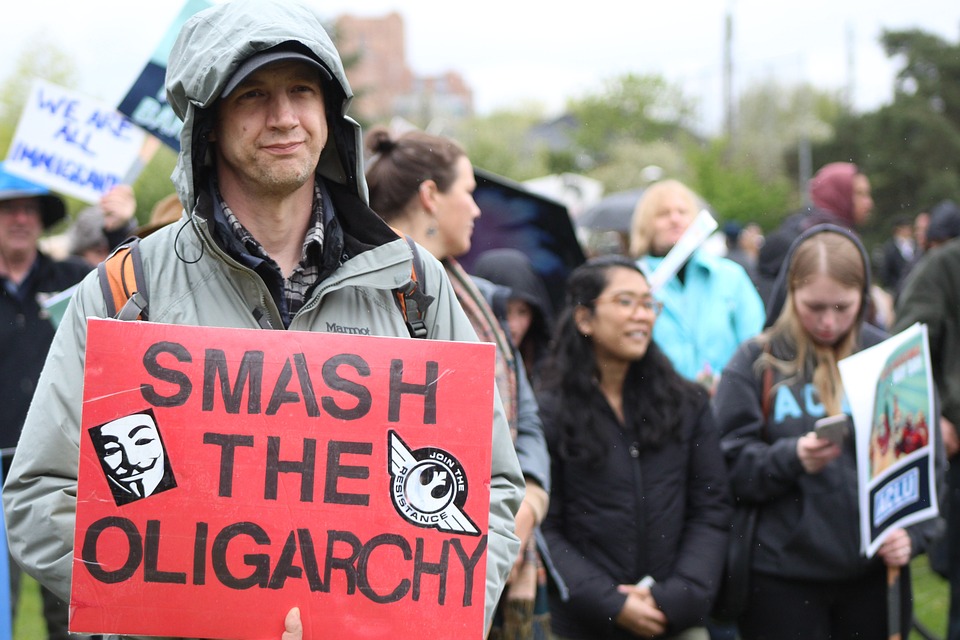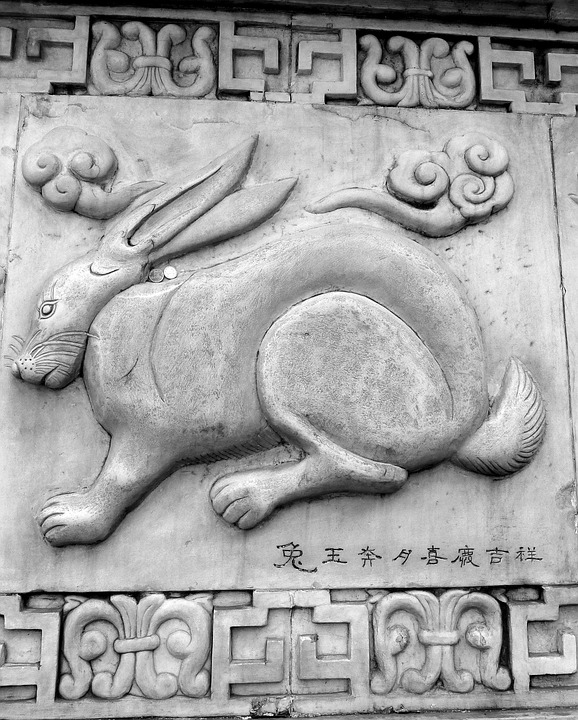The Life and Impact of a Political Activist: A Case Study
Introduction
In the grand tapestry of human history, political activists have been instrumental in promoting societal transformation. They have used their voice, passion and resolve to challenge existing systems and promote change for the betterment of their communities. One such luminary figure is Martin Luther King Jr., whose influence reverberates even to this day.
Early Life and Influences
Martin Luther King Jr. was born on January 15, 1929, in Atlanta, Georgia, to a family steeped in the Baptist tradition. This laid the foundation for his endeavor in civil rights activism and equipped him with the religious sentiment that would become a distinctive part of his impetus for social change.
King attended Morehouse College in Atlanta and graduated with a degree in Sociology, followed by enrollment in Crozer Theological Seminary in Pennsylvania. This academic phase was crucial in shaping his philosophical and ideological underpinnings. King began synthesizing religious, moral, and socio-political ideas which would later solidify his unique perspective on civil rights activism.
Activism and Leadership
King returned to the South in 1955, when the Montgomery bus boycott had just begun. He led the movement and achieved a major victory, resulting in desegregation of public buses. This success solidified King’s position among the leaders of the emerging Civil Rights Movement.
In the 1960s, he successfully led peaceful protests feeding into a nationwide challenge against racial segregation and discrimination. The pivotal March on Washington in August 1963 saw King’s famous ‘I Have a Dream’ speech, making an indelible mark on the civil rights movement.
A Champion for Nonviolent Resistance
King strongly believed in the power of nonviolent protest, inspired by the teachings of Mahatma Gandhi. This approach strategically aimed at revealing the injustices and moral wrongs of opponents without mirroring their violent tendencies.
Impact and Legacy
King’s persistent efforts culminated in the passage of the Civil Rights Act of 1964, which prohibited racial segregation in public places, and the Voting Rights Act of 1965, which outlawed discriminatory voting practices. These significant milestones proved that activism could enact meaningful, tangible change.
However, King’s influence extends beyond specific legislation. His speeches, writings, and life continue to inspire peace, equality, and justice. He has left a legacy that encourages and mobilizes activists today, cementing his position as a leading figure in human rights advocacy.
King once said, “The ultimate measure of a man is not where he stands in moments of comfort and convenience, but where he stands at times of challenge and controversy”. In essence, his life was indeed a testament to these words.
Conclusion
In summary, King’s activism challenged the societal status quo, revealing the deep-seated racial injustice within America. His work mobilized masses and altered legislation, demonstrating the power of dedicated political activism. King’s life and legacy honor the profound place of activism in political and social discourse, shaping the course of societal progress.
Lessons from King’s Life
King’s life serves as a powerful example of how persistent, nonviolent activism can spur societal change. In times of social and political unrest, his legacy continues to inspire and challenge people to stand up against injustice and strive for equality. His remarkable work underscores the role of political activists in the ongoing effort to forge a more just and equitable society.
In a time where activism has multiple avenues, be it through social media or boots-on-the-ground organization, King’s life remains a timeless beacon to those seeking to effect change through peaceful and persistent activism.




